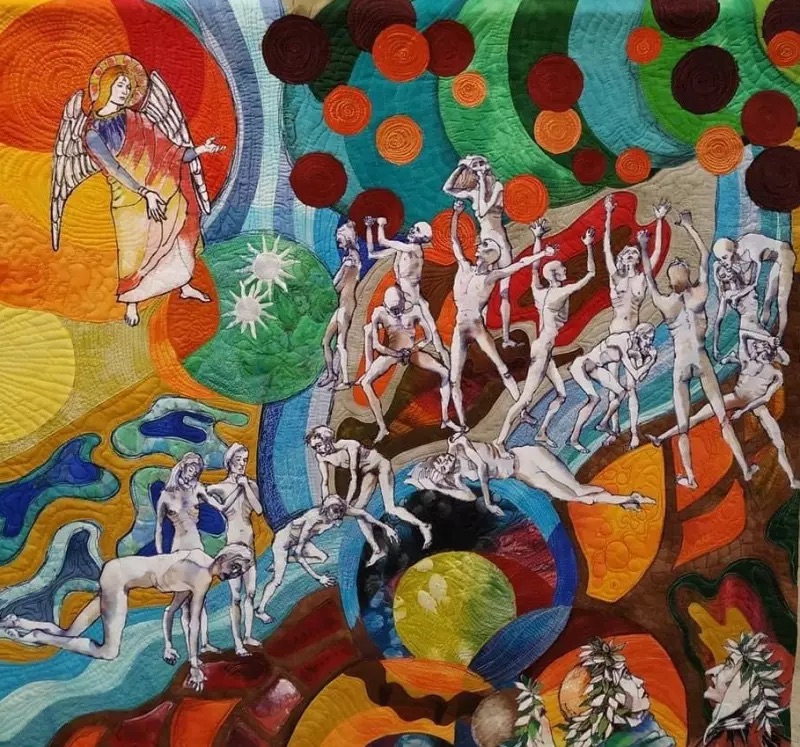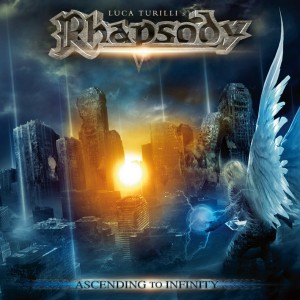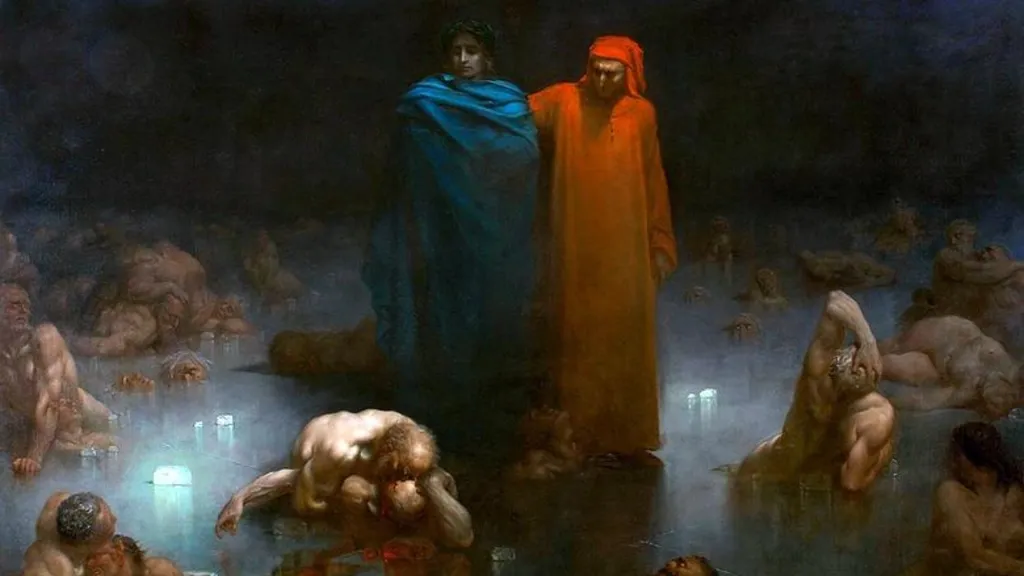“Inferno, Purgatorio and Paradiso by Dante Alighieri represented in 57 textile panels
A group of Italian quilters of all levels, inspired by the songs and descriptions of Dante Alighieri’s The Divine Comedy, interpreted and represented a group, a frame, a sky, a scene, a landscape, the pain suffered by the damned … creating a great story made of fabric, threads and colors. The images of these quilts evoke infernal sensations and more; in front of some you can ‘hear’ the screams of the damned, the smell of sulfur and the cries of devils, the expiation of those who have a fleeting memory of life and peace in contemplating divine power and wisdom.
“If in The Divine Comedy the dramatic and lyrical dimensions are expressed through the noble language of poetry, the purpose of the authors was to perceive them and try to translate them through the techniques of Quilt Art.
“Interpreting with fabric a great cornerstone of Italian literature such as Dante is not at all simple or obvious, but it certainly constitutes a great challenge. 26 the Artworks exhibited” —Redazione, “The Comedy in Quilt,” Arte Morbida, Sep 25, 2021 (retrieved March 21, 2024)
“Dante’s Inferno,” Ascending to Infinity (2012)
Track 3 of Rhapsody & Luca Turilli’s Ascending to Infinity is titled “Dante’s Inferno”. —Luca Turilli, “Dante’s Inferno,” Wikipedia, June 22, 2012 (retrieved January 25, 2024).
“Dante’s Metam-Orpheus: the Unspoken Presence of Orpheus in the Divine Comedy“
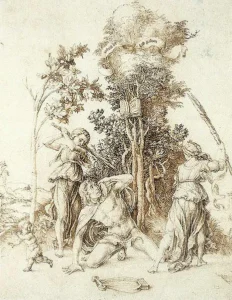
“For this paper I am tracing the implicit and explicit references to the multifaceted figure of Orpheus in Dante’s Divine Comedy. Dante only explicitly names Orpheus once in his Divine Comedy, upon seeing him within the Limbo for intellectuals. Yet the function of the Orpheus figure in the Divine Comedy, similar to his overall function in literature, is that of a chimera. The shade of Orpheus residing in Dante’s Limbo serves only as the mold for the multiple imprints the figure leaves throughout the text.” — Leah Schwebel, “Dante’s Metam-Orpheus: the Unspoken Presence of Orpheus in the Divine Comedy,” Hirundo: The McGill Journal of Classical Studies, Vol.4 (2005-06)
The essay, originally published in Hirundo: The McGill Journal of Classical Studies, is featured in a preview on Medievalists.net.
The Divine Comedy as Political Statement
“The real-life individuals Dante encounters in heaven and hell betray his political viewpoints. He opposed the aspirations of Pope Boniface VIII and longed for the Church to focus on the afterlife rather than earthly riches. Politically, he was nostalgic for the heyday of the Roman Republic, when leaders were loyal not to themselves but to the Republic.” — Tim Brinkhof, “Dante’s Divine Comedy isn’t only about religion. It’s a political statement.”, Big Think, July 4, 2023
2023 Soundtrack for 1911 Helios Films Adaptation of the Divine Comedy
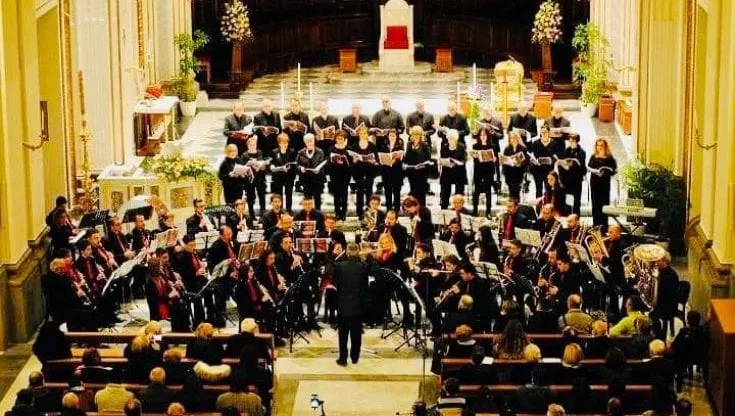
“Un progetto, che sarà pubblicato in tre dvd nel 2023, a metà tra letteratura, cinema e musica: una composizione per banda musicale mai incisa e le immagini ritrovate circa vent’anni fa di una trilogia di film muti sulla Divina Commedia del 1911.” — “Castelli Romani, il viaggio di Dante per musica e immagini con la banda musicale di Albano”, La Repubblica, March 25, 2023
It has been announced that, in 2023, a unique soundtrack by Albano’s band will be released, accompanying a new version of the Helios-Psiche 1911 film adaptation of the full Divina Commedia (not to be confused with the more famous 1911 Inferno by Milano Films).
- 1
- 2
- 3
- …
- 12
- Next Page »
